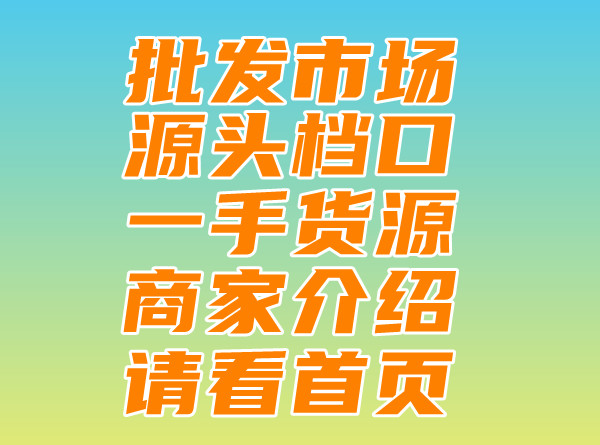"Where to Find Replicated Luxury Brands in Dali"
"Where to Find Replicated Luxury Brands in Dali",
**H3: Luxury Brand Replication in Dali**
Dali, a city renowned for its natural beauty and rich cultural heritage, has in recent years attracted attention for its growing appetite for luxury goods. As the demand for high-end brands increases, the question of luxury brand replication in Dali becomes pertinent. This phenomenon reflects both a growing economic profile and a desire among locals to own elite status symbols.
Local Replication Efforts
In Dali, the replication of luxury brands is often meticulously executed, with an eye for detail and quality that mimics the originals. The city’s craftsmanship and design capabilities have been honed over centuries, making it an ideal location for the replication of luxury goods. From handbags to jewelry and even clothing, local manufacturers strive to replicate the signature designs and quality of global luxury brands.
These replica products are often sold in high-end boutiques and retail stores throughout the city. As demand increases, so does the sophistication of production techniques, with many local manufacturers investing in modern manufacturing techniques to mimic the finer details of luxury brands.
Moreover, the internet has played a pivotal role in bringing these replicated luxury goods to a wider audience. Online marketplaces are filled with sellers offering high-quality replicas, often with a story behind their creation. These stories connect the product to the local culture and craftsmanship, further enhancing their appeal.
Consumer Perceptions and Challenges
While the replication of luxury brands in Dali has grown significantly, consumer perceptions play a crucial role. Many locals are willing to opt for these replicas as they offer a similar luxurious experience at a lower price point. However, there are also challenges in maintaining the quality and authenticity of these replicated products.
As competition grows within this market segment, some manufacturers may compromise on quality to meet demand. This can affect the reputation of replicated products and potentially damage the image of Dali as a reliable source for high-quality replicas. Therefore, it’s crucial to maintain a balance between quantity and quality to ensure long-term sustainability.
Moreover, with the evolution of global luxury brands entering the Chinese market, consumers are becoming more aware of genuine products. This awareness can sometimes lead to skepticism among consumers about the authenticity of replicated products. Therefore, it’s important for sellers to build trust by ensuring transparency and providing customers with information about the production process.
In conclusion, the replication of luxury brands in Dali is a complex phenomenon that reflects the intersection of culture, economics, and consumer behavior. As the city continues to grow and evolve, it will be interesting to see how this trend develops and what impact it will have on both local manufacturers and consumers.

- Gucci Phone Case Replicas: The Ultimate Guide to Classic Styles
- "Recreating the Golden Bee Bag: A Style Re-Interpretation"
- Luxury LV Replica Box Bags: The Ultimate Guide to Quality and Style复刻LV豪华箱包指南:品质与风格之选
- Celine Replica Coach Bags: A Luxe Accessory Review
- Handheld Bag Men's Replica Style Revival: Fashion Trends of the New Era
- "LV Replica Bags: The Pea-Inspired Fashion Statement"
- Trendy Brand Bag Replication: The Ultimate Guide to Quality Replicas 这个标题围绕了潮牌包复刻这一主题,使用了相关关键词,并且在规定的字符限制内。
- Micro Store Replica Bags Collection


